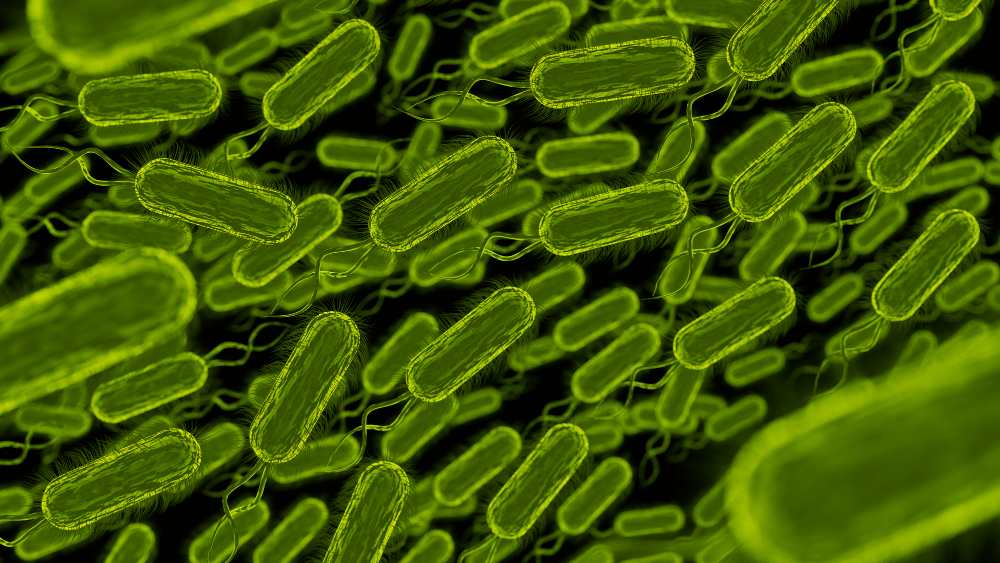When an E. coli outbreak occurs, the consequences can be severe, affecting numerous people who may suffer from serious health complications as a result of this harmful bacterium. In cases where many individuals are impacted by the same source, E. coli lawsuits can emerge as an important legal tool for obtaining compensation and holding negligent parties accountable. Understanding the intricacies of class action suits related to E. coli outbreaks is vital for those affected. This blog provides essential insights into these types of legal actions.
Contents
Recognizing the Risks of E. coli
Escherichia coli, commonly known as E. coli, is a bacteria predominantly found in undercooked beef, contaminated water, raw vegetables, and unpasteurized dairy products. While some strains are harmless, others can cause serious illness. Symptoms typically include severe stomach cramps, diarrhea (often bloody), vomiting, and sometimes fever. In severe cases, victims may develop a type of kidney failure called hemolytic uremic syndrome (HUS), which can be life-threatening and requires immediate medical attention.
Identifying an E. coli Outbreak
An E. coli outbreak is defined as an incident in which two or more people become ill from the same strain of the bacterium. Outbreaks can be traced back to various sources, such as a specific restaurant, grocery store, food processing company, or water source. Health departments and federal agencies like the Centers for Disease Control and Prevention (CDC) play a pivotal role in identifying and controlling outbreaks, often issuing public warnings and recalling contaminated products.
The Role of Class Action Lawsuits
Class action lawsuits are filed when a group (class) of people have been injured in a similar manner by the same defendant, whether that be a corporation, entity, or individual. In the case of E. coli contamination:
- Group Representation: A class action allows for the efficient handling of claims that may be impractical to pursue individually due to the number of people affected or the comparative smallness of their claims.
- Strength in Numbers: By pooling resources and combining similar claims into one larger, stronger case, class actions can equalize the playing field against large corporations or entities that may possess significant legal firepower.
- Widespread Impact: Class actions bring attention to negligent practices that may otherwise go unchecked and can lead to better industry standards and practices.
Steps in Filing a Class Action Lawsuit for an E. coli Outbreak
- Investigate and document your illness. If you suspect that you have contracted an E. coli infection, seek immediate medical treatment. Your medical records will be vital for your claim.
- Document every aspect of your illness, including dates, symptoms, medical visits, treatments, and any known sources of potential exposure to E. coli.
- Stay informed about local health warnings or product recalls related to E. coli contamination. Check if health agencies have linked your illness to a larger outbreak.
- An attorney experienced in class action lawsuits and personal injury law can help determine if your case is appropriate for a class action. They will review your evidence, advise on the best course of action, and represent the class’s interests in court.
Filing the Lawsuit
The lawsuit must be filed with a formal complaint outlining the claims against the parties believed to be responsible for the E. coli contamination.
A lead plaintiff (or plaintiffs) will be chosen to represent the class. This individual’s experience must accurately represent the injuries or losses suffered by the rest of the class.
The court must certify the case as a class action, considering factors such as the number of people affected and the commonality of their claims.
The Potential Outcome of Class Action Lawsuits
Successful class action lawsuits can result in compensation for the class members, which may cover medical costs, lost wages, and other damages related to the E. coli illness. Additionally, punitive damages may be awarded to punish the defendant and deter future negligence.
The Importance of Accountability
Class action lawsuits are not just about compensation; they serve a broader social purpose by holding entities accountable for public health and safety. They can lead to changes in company policies, recall strategies, and regulatory oversight – ultimately helping to prevent future outbreaks.
For those affected by an E. coli outbreak, understanding the potential of class action lawsuits is crucial. These collective legal efforts can offer a path to justice and restitution, making it essential for individuals to document their experiences meticulously and seek out specialized legal counsel. Acting swiftly and cohesively turns individual hardships into a powerful push for corporate responsibility and public health improvements.




